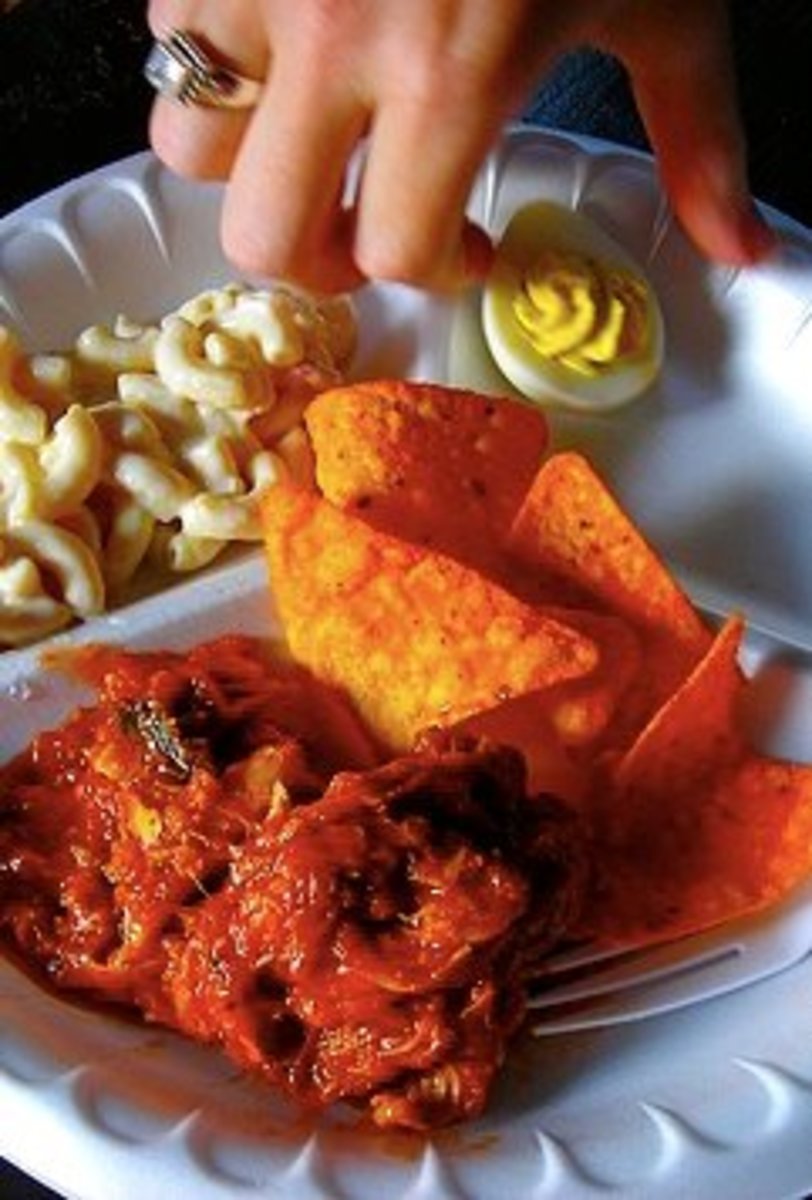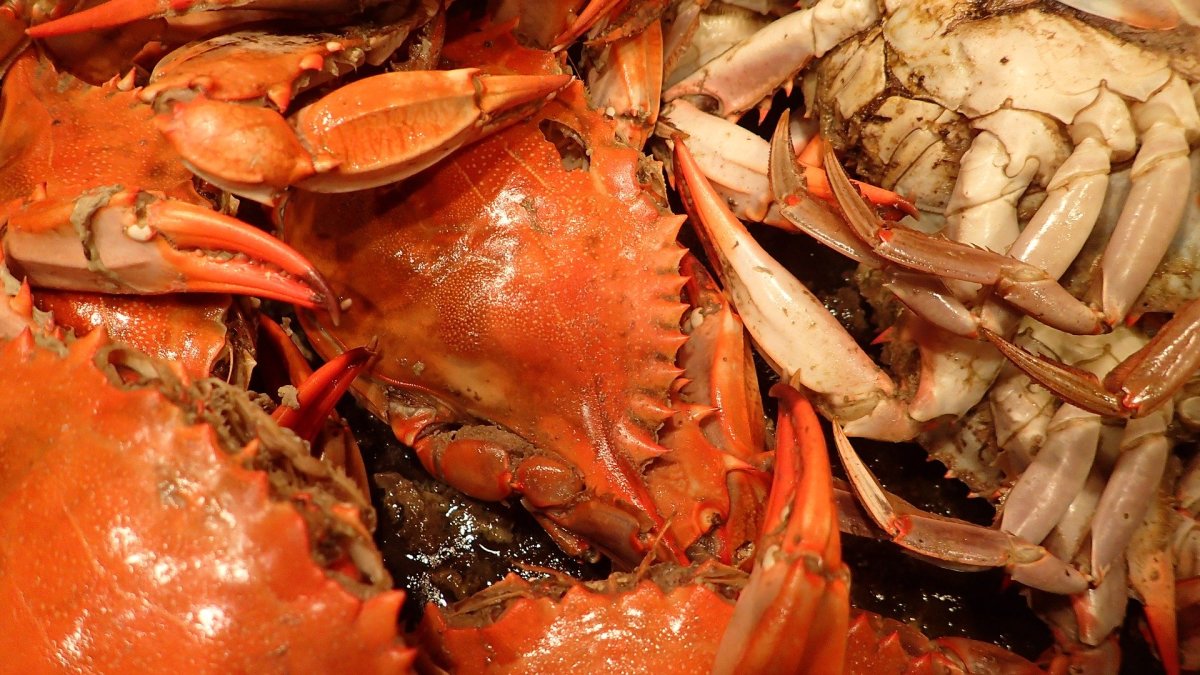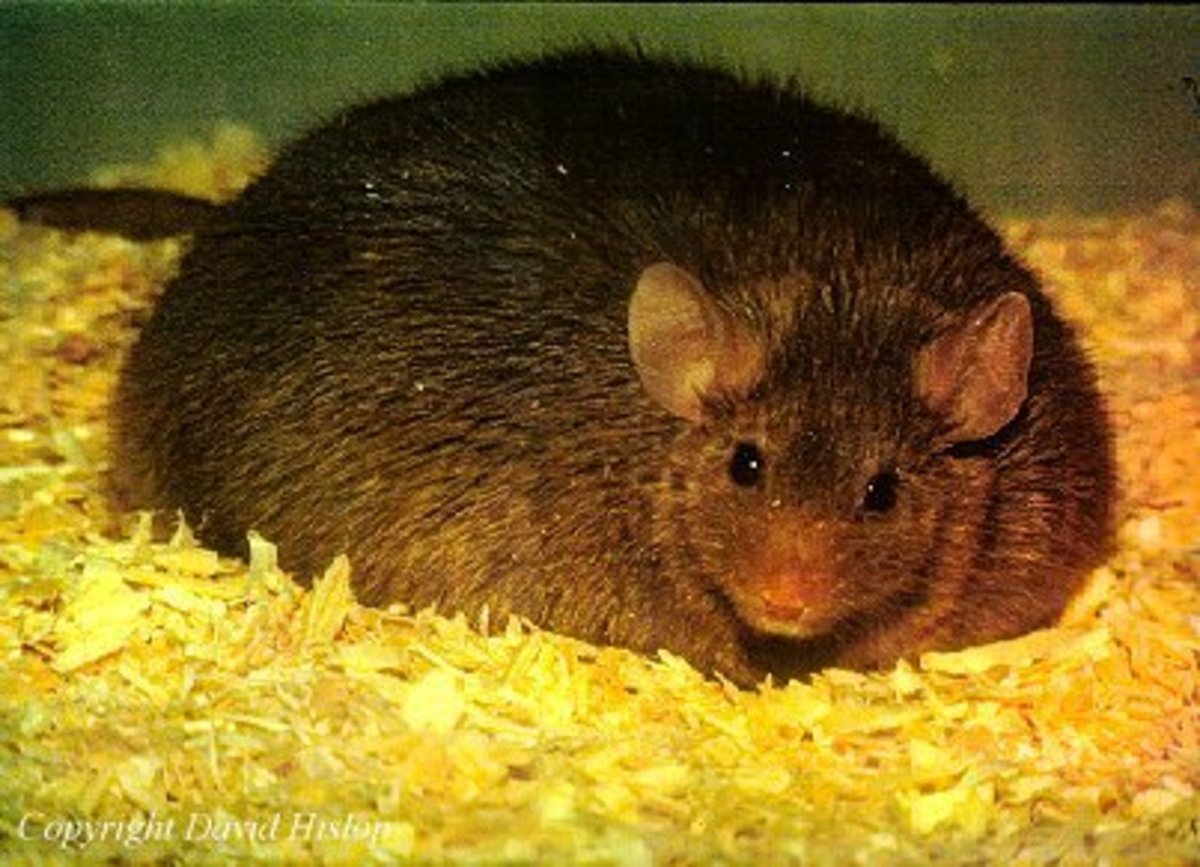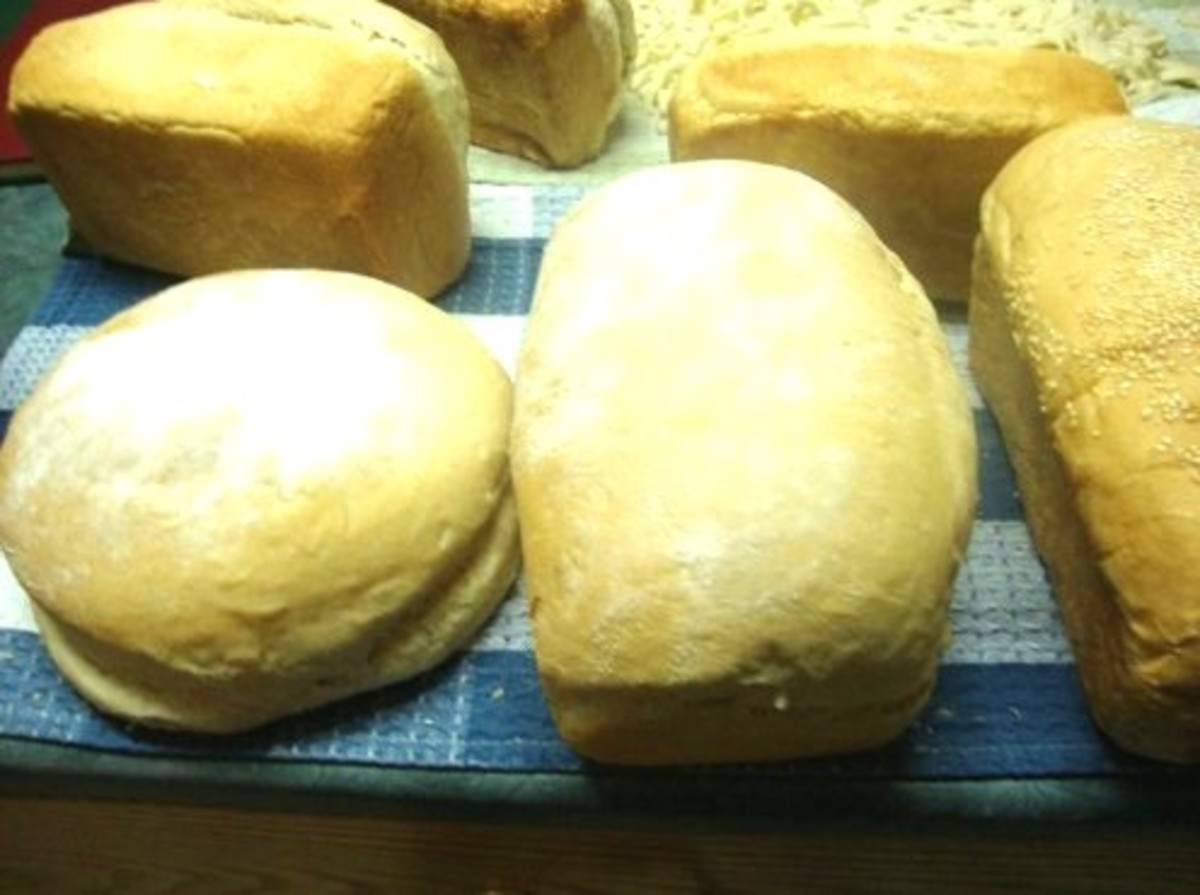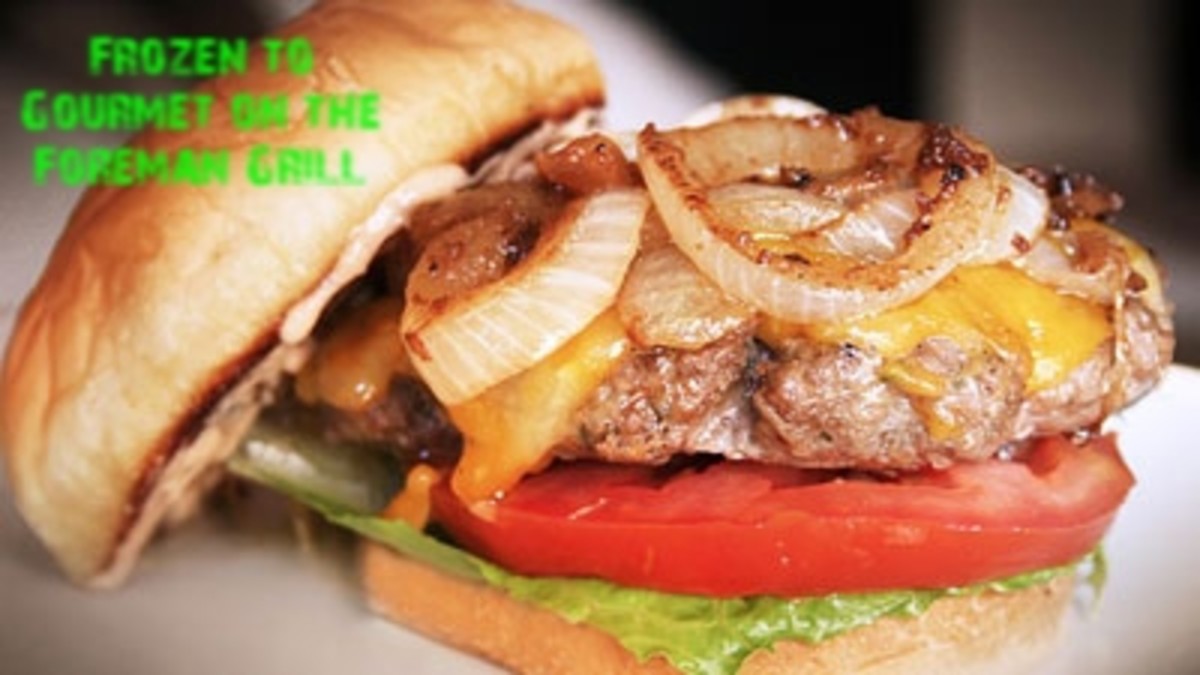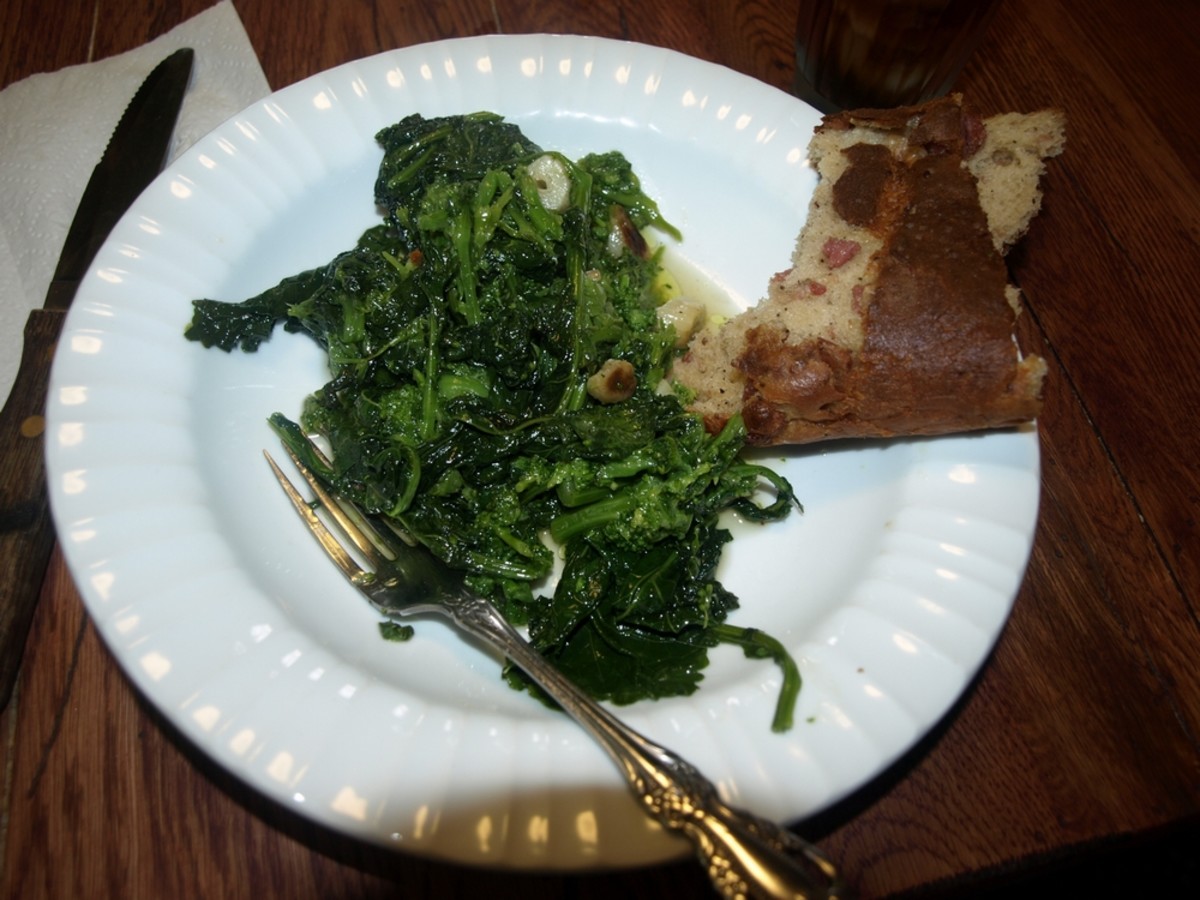Ask Carb Diva: Questions & Answers About Food, Recipes, & Cooking, #149
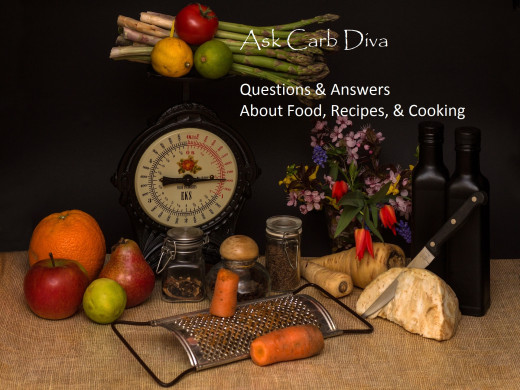
Lot's of Great Stuff
I had a lengthy introduction planned for today's article, but goodness gracious the questions were so good, and the answers so stunningly brilliant (and lengthy, of course), that there's no time to spare. Let's get right to it.
If you're an old friend, you already know how this works. But, if this is your first visit, let me introduce you to my kitchen.
Each week I receive questions about food ingredients, cooking or baking terms or methods, requests for recipes, and queries about nutrition. Just about anything food-related has been covered here.
I'm sharing this past week's questions and my responses; it happens every Monday. Want to join in the fun? You can leave your question in the comments below, and next week the answer will be right here. It's that easy.
Talk To Me About MSG
A few weeks ago I was asked about gluten-free diets; it seems that so many people have hopped on that bandwagon. Is it really necessary? Is gluten bad for you? My answer filled an entire article, but the short answers were "Certainly not" and "No, it isn't." Well, that prompted this question from Eric:
"But this reminds me to ask about MSG. I reckon the same as along these lines."
Dear friends, MSG (monosodium glutamate) is a flavor enhancer commonly added to Chinese food, but what exactly is it? Let's hop in the way-back machine and visit Tokyo Imperial University in 1907. That is where Kikunae Ikeda, a Japanese chemist, was having dinner with his family. His daily bowl of dashi soup was somehow not the usual; this particular bowl was more savory. Being a scientist, he was compelled to discover what made this dashi different from all of the rest. (Trust me, all scientists are like this. My husband is a scientist—it’s in their DNA.)
Ikeda poked into the bowl with his chopsticks, slowly stirring and peering into the broth. The cook had added kombu. With that ah-ha moment, Ikeda took to his laboratory to gain a better understanding of that deliciousness. (By the way, the Japanese word for “deliciousness” or “scrumptiousness” is umami).
Ikeda examined the components of that kombu at a molecular level and, in 1908, isolated the chemical compound that gives the world that savory sensation—glutamic acid, or glutamate.
There are two forms of glutamate. “Bound” glutamates are a part of the proteins in many of the foods we eat. These are digested and absorbed slowly. However, there are also “free” glutamates—these are food additives (monosodium glutamate or MSG), unattached to proteins. Unlike their bound cousins, they are digested quickly and some people believe they are a source of negative reactions.
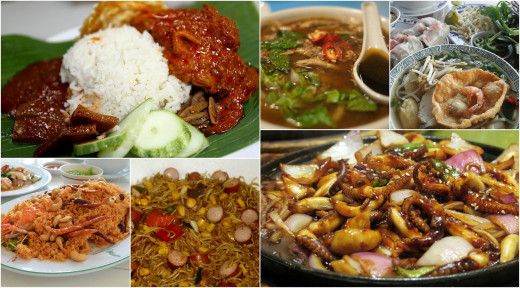
Now Let's Leap Forward Six Decades
In 1968, the New England Journal of Medicine published a letter from a doctor who complained of flushing, headaches, and heart palpitations. He suspected that one of these three foods in his diet was the culprit—wine, excess salt, or MSG. Reader responses poured in by the thousands damning the MSG, and the expression "Chinese restaurant syndrome” was born.
The Food and Drug Administration (FDA) has classified MSG as a food ingredient that's "generally recognized as safe," but its use remains controversial. Dr. Alan Levinovitz (the man who provided my information on gluten) told this story in an article he wrote for New Scientist:
"While living in China from 2003 to 2005, I often served as the designated translator for fellow expatriates. Whenever we ate out, this involved asking our server which menu items contained monosodium glutamate (MSG). Invariably I was told that almost everything is made with weijing (“flavour essence”), including, on one occasion, the roast peanut appetiser my MSG-sensitive friends were snacking on as I made my enquiry.
After observing that no one reacted to the peanuts, I was inspired to conduct a simple (and admittedly unethical) experiment. One evening, instead of translating honestly, I told my companions at a large banquet that the kitchen had promised to avoid using MSG. Everyone thanked me and happily ate their meal, dish after poisoned dish.
An hour later? Two hours later? The next day? Nothing.
I repeated this experiment on multiple occasions, always with the same result. And yet foreigners living in China routinely complained of reactions to their food that included headaches, chest pain and shortness of breath. Was there something about my presence that conferred temporary resistance to MSG? Or could it be that MSG sensitivity was only in their heads?"
While Levinovitz’s deception was a horrible thing to do to his friends, it did reveal the truth about what we might term the “circumstantial evidence” of the epidemic known as Chinese restaurant syndrome.
Sometimes the head overrules the heart, or in this case, actual science. Yes, there are still those who testify on their grandmother’s grave that MSG attacks them every time they ingest it. However, many, many, many studies later, toxicologists have determined that MSG is harmless. The real tragedy in all of this is not that MSG has been maligned, but that it has become a lazy, cheap, one-dimensional substitute for the nuanced flavorful cooking of Asia.
It is a bitter irony that in China of all places, where chefs have spent centuries developing the most sophisticated culinary techniques, this mass-produced white powder should have been given the name wei jing, "the essence of flavor."
— Fuchsia Dunlop, author of the Sichuan cookbookSources:
Retro Recipe for Garlic Dip
"This question is nostalgic in nature. My mom was a very basic cook. There was nothing fancy about her dishes at all, but they sure did taste good when I was a kid. Anyway, she used to make a garlic dip with Philadelphia cream cheese, garlic, milk, and mayonnaise? Does that sound right to you? I'm not sure about the mayonnaise."
Bill, my mom was probably even more "basic" than yours. She never would have prepared a chip dip like that (we didn't entertain), but she did have all of the free recipe pamphlets that food manufacturers produced years ago. That is why your request sounded familiar to me—mom didn't make it, but even at that tender age, I loved looking through cookbooks and I know this one was stored way, way back in my memory. Here's what I found.
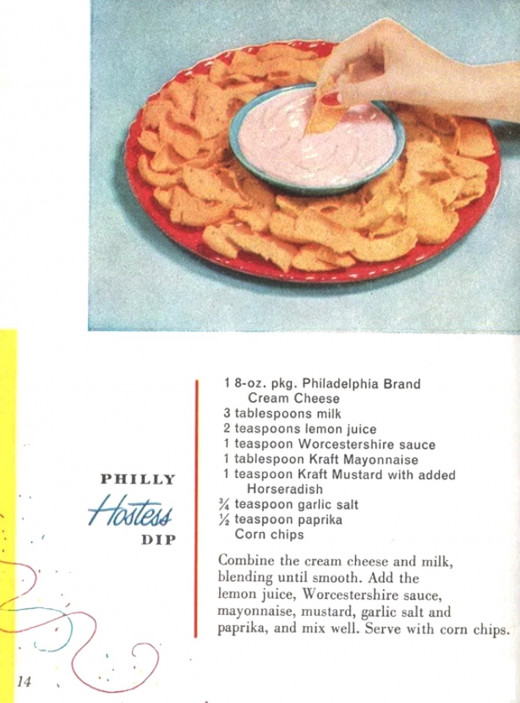
Why Does Game Meat Taste "Gamey"?
"What about the taste of gamey in game meats? I was thinking about how to prepare and cook such as Turkey or Deer of the wild game type. Hey fish too now that I think of it. Probably not really up your reader's alley. But maybe."

Well, Eric thanks for another great question. I did not grow up in a hunting family; in fact, my dad never owned a gun or a fishing pole. My first experience with wild game was a gift of some venison and moose liver from my in-laws. Both were a real eye-opener for this little city-bred lass. Not bad, just different. If you've ever eaten wild game you'll immediately understand what I'm talking about.
So, what exactly is that taste, why do wild animals taste like that, and how can we "tame" that powerful taste?
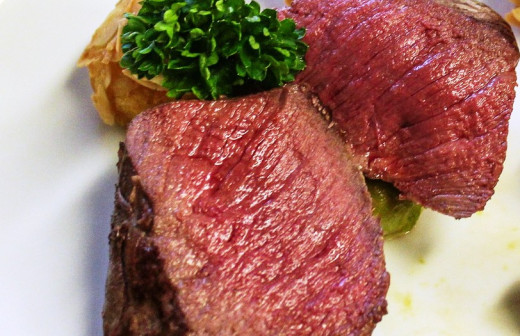
I have many friends who, each autumn, go deer and elk hunting. The taste of their catch is rich, mature, deep and something crave-worthy . . . for them (but for me? not so much.)
The Flavor
What exactly is a "gamey" flavor? Many people describe it as an iron smell, mineral-like. Some describe liver in that way. (Blood has a distinct "minerally" smell to it.)
Let's dial the clock back a bit, to the late 18th century. Brillat-Savarin was by trade a lawyer and politician but his fame was from his epicurean skills. He authored several books on law and politics, but his claim to fame was his The Physiology of Taste. He promoted this treatment of wild game:
In the time of Brillat-Savarin, game was typically allowed to hang for days or weeks until it began to rot. This treatment was called mortification and had two purposes: it tenderized the meat, and further heightened its "wild" flavor.
— Harold McGee, "On Food and Cooking" Scribner, 1984 (p. 142)Thank goodness we don't prescribe to that method anymore.
Why Does Wild Game Taste Different?
Eric, there are numerous reasons why wild meat tastes, well, wild. "You are what you eat" is a part of it. The beefsteak that you enjoy was raised on grain; animals in the wild have a significantly more varied diet.
- The younger the animal, the less gamey it will taste (usually, but keep reading).
- If game is not taken down quickly the animal will be able to run. That surging adrenaline and lactic acid in the muscles contribute to an "off" taste.
- Use sharp clean knives.
- Cool it as quickly as possible. In the winter this is not a problem, but if hunting in warm weather be prepared to field dress the animal (skin, quarter, and place on ice) within an hour.
- That "gamey" taste is more apparent in the fat of the animal. Trim away excess fat, sinew, and silver skin.
- Don't overcook it and use the proper cooking method. Rump and shoulder cuts need slow braising. Ribs respond best to roasting. Tender cuts/chops/steaks can be pan-fried, broiled, or grilled.
What About Fish?
Eric, you also mentioned fish. Fish don't actually taste "gamey" but some have a more pronounced flavor than others. White, flakey fish is usually the mildest (sole, flounder, tilapia). My experience is that darker-fleshed fish (salmon, tuna) or those with a higher oil content (sardines, anchovies, mackerel) taste more fishy.
But, good fish should never smell fishy. It should simply be clean-smelling. There is no way to redeem old or improperly-handled fish.
We're Organized
Did you know that there is a Table of Contents for this series? I have created an article that provides a detailed listing of each question I've received. It's broken down by category, and within each category, the questions are listed alphabetically. Each question is actually a hotlink back to the original post.
Here's a link to that Table of Contents.
I have also cataloged all of my personal recipes that I have shared with you in this weekly Q&A series and in all of my other articles as well. The link to that Index is here. There are hotlinks to each recipe and this will be updated as new recipes are shared.
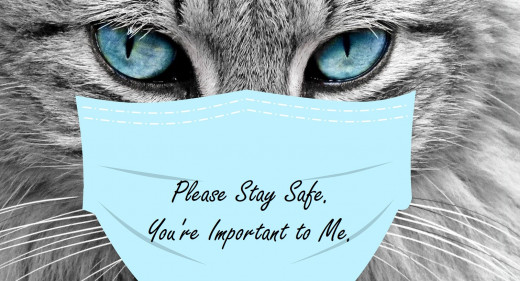
Let's do this again next week. If you have questions about foods, cooking techniques, or nutrition you can ask them here. If you are in search of an old recipe or need ideas on how to improve an existing one I can help you. If you want to learn more, let's do it together. Present your questions, your ideas, your comments below. Or, you can write to me personally at this email address: lindalum52@gmail.com.
And, I promise that there will always be at least one photo of a kitty in every Monday post.
© 2020 Linda Lum

